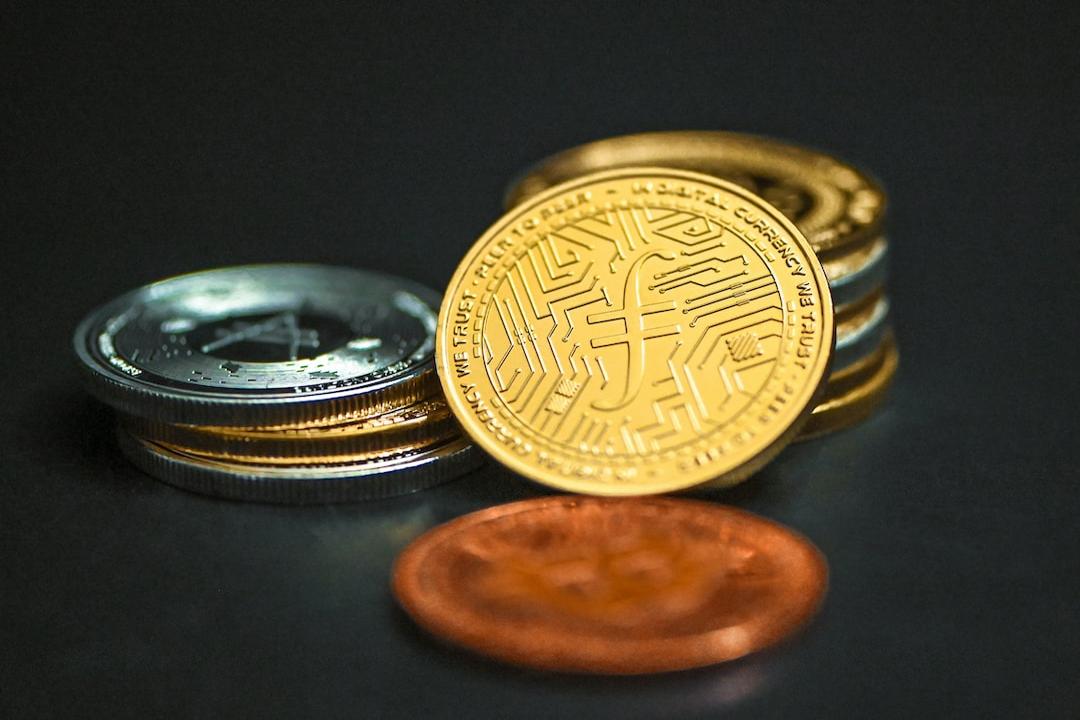According to The Wall Street Journal, OpenAI, the company responsible for developing ChatGPT, recently experienced a major security breach that has raised concerns about potential national security risks. The incident occurred in early 2023 and exposed internal discussions among researchers and employees but did not compromise OpenAI’s core code. Despite the severity of the incident, OpenAI chose not to publicly disclose the breach, a decision that led to internal and external scrutiny.
The breach occurred when a hacker infiltrated OpenAI’s internal messaging system in early 2023 and accessed detailed information about the company’s AI technology. According to sources, the hacker visited an online forum where employees discussed the latest AI developments, but did not breach the system storing the core technology.
OpenAI’s senior executives informed employees about the breach during an all-hands meeting held at the company’s San Francisco headquarters in April 2023. The board of directors was also informed. Despite the breach, the executives chose not to disclose the incident to the public, citing that no customer or partner information had been compromised. They assessed the hacker to be an individual unrelated to any foreign government and did not report the incident to law enforcement agencies, including the Federal Bureau of Investigation (FBI).
This breach has intensified concerns among OpenAI employees about foreign adversaries, particularly China, potentially stealing AI technology and threatening U.S. national security. The incident has also sparked internal debates within the company about the adequacy of OpenAI’s security measures and broader risks associated with artificial intelligence.
Following the breach, OpenAI’s technical program manager, Leopold Aschenbrenner, submitted a memorandum to the board expressing concerns about the company’s vulnerability to foreign espionage. Aschenbrenner was later dismissed due to suspected leaks. He believed that the company’s security measures were insufficient to withstand complex threats from foreign actors.
OpenAI spokesperson Liz Bourgeois acknowledged Aschenbrenner’s concerns but stated that his departure was unrelated to the issues he raised. She emphasized that OpenAI is committed to building safe and beneficial general artificial intelligence (AGI) but disagreed with Aschenbrenner’s evaluation of their security protocols.
Concerns about potential ties to China are not unfounded. For example, Microsoft President Brad Smith recently testified that Chinese hackers used the company’s systems to attack federal networks. However, legal constraints prohibit OpenAI from discriminating based on nationality in recruitment, as blocking foreign talent could hinder AI progress in the United States.
Matt Knight, OpenAI’s security director, emphasized the importance of recruiting top global talent despite the risks. He highlighted the need to strike a balance between security concerns and the need for innovative thinking to advance AI technology.
OpenAI is not the only company facing these challenges. Competitors like Meta and Google are also developing powerful AI systems, some of which are open-source, promoting transparency and collective problem-solving within the industry. However, concerns about AI being used for misinformation and job displacement remain worrisome.
Some studies by AI companies like OpenAI and Anthropic have found that the current AI technology poses minimal risks to national security. However, debates about the future potential of AI to create bioweapons or infiltrate government systems persist. OpenAI and other companies are actively addressing these concerns by strengthening their security protocols and establishing committees dedicated to AI safety.
Federal and state legislators are considering regulations to restrict the release of certain AI technologies and penalize harmful uses. These regulations aim to mitigate long-term risks, although experts believe that significant dangers from AI will take several more years to materialize.
Chinese companies are rapidly advancing in AI technology, boasting a large number of top AI researchers. Experts like Clément Delangue from Hugging Face believe that China may soon surpass the United States in AI capabilities.
Even though the current likelihood is low, prominent figures like Susan Rice urge serious consideration of worst-case AI scenarios, emphasizing the responsibility to address potential high-impact risks.
OpenAI has recently become an observer on Apple’s board of directors, and it has also collaborated with Time magazine to provide more accurate and trustworthy content for AI models.

